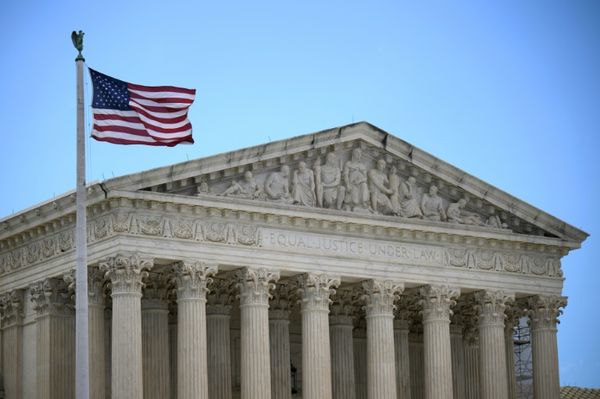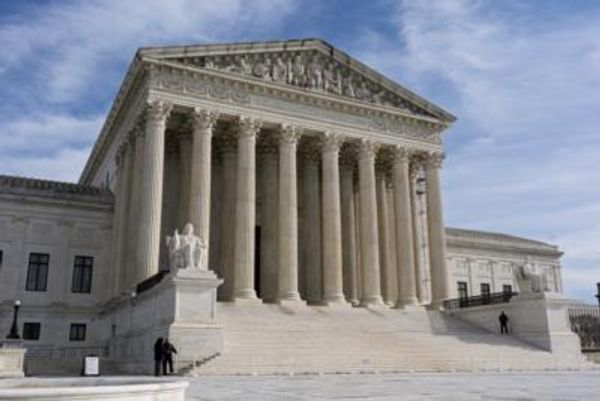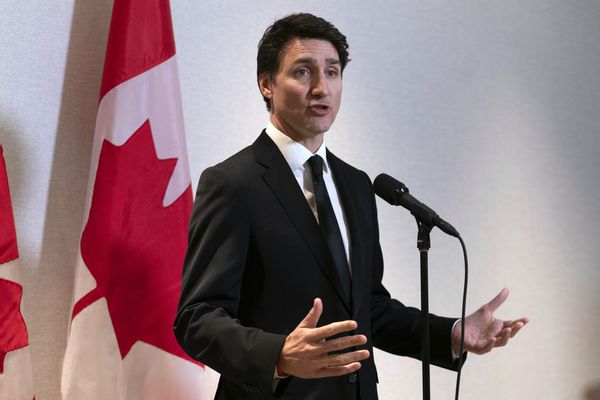On Feb. 21, Taiwan’s Executive Yuan unveiled the “Enforcement Act of Judicial Yuan Interpretation No. 748” draft bill which, if passed, will recognize same-sex marriages. Anti-LGBT group criticized the draft bill for violating the results of Questions 10 and 12 on November’s referendums, instead proposing the establishment of a “same-sex common life law” to recognize same-sex “unions,” not “marriages,” in Taiwan’s constitution.
However, if we look at the 10th referendum question in detail, the real target of the referendum was to determine the concept of marriage within the Civil Code.
The Central Election Commission’s referendum summary said that, regardless of the outcome of the referendum, “this does not exclude same-sex couples from the protection of their right to intimate and exclusive long-term partnerships ensured by other laws, which is in accordance with the equal protection of the freedom of marriage as stated in Interpretation No. 748.” In other words, the result of the referendum’s 10th item will only influence the government from guaranteeing same-sex-marriage within the Civil Code. It cannot dictate any union outside the Civil Code or prevent any other laws from protecting same-sex-marriages, which are protected by a historic high court ruling in 2017 saying same-sex couples in Taiwan have the constitutional right to marry.

Similarly, in the summary for the 12th referendum question, the proponents stated: “Whether a same-sex relationship should be deemed a ‘marriage’ has no influence on whether this item should be on the referendum.” Therefore, the 12th referendum question can only request the government to safeguard same-sex relationships with other laws outside of the Civil Code. However, it cannot prevent the government from recognizing same-sex “marriages” – the verbiage of same-sex unions was left external to the question decided upon by voters.
From this perspective, the Executive Yuan’s bill will guarantee same-sex marriages outside of the Civil Code, which is completely in line with the results of the 10th and 12th referendum questions. The draft bill also guarantees same-sex-marriage as specified in interpretation No. 748.
In fact, the above discussion on the scope and the legal effect of “Interpretation No. 748,” as well as that of the referendum questions, has already been widely discussed by the Central Electoral Commission, the Judicial Yuan, and many experts and scholars of the field. The “Anti-LGBT referendum” results have no legal effect on same-sex relationships, let alone the ability to revoke the constitutional ruling on same-sex-marriage. I believe that all anti-same-sex-marriage groups must face the music and return to the principles of law in order to logically think about their own referendums and supporting summaries, rather than repeatedly expanding on their explanation of the referendum and trying to force everyone to accept their arguments.
Equal marriage, but also equal rights
Here we should emphasize in particular that the Constitutional Court’s “Interpretation No. 748” has two major points in its ruling: The freedom of marriage and equal rights.
“Interpretation No. 748” has already given an explicit definition for “freedom of marriage.” “Unspoused persons eligible to marry shall have their freedom of marriage, which includes the freedom to decide ‘whether to marry’ and ‘whom to marry.’”
In the past, whenever the constitutional court has explained the freedom of marriage, the terms used have always been “marriage,” “marry,” “eligible to marry,” “putative marriage” and so on. Since the constitutional court already has consistent legal terminology, when we discuss the legislative protection of the “freedom of marriage,” the terms from the Constitutional Court should prevail. Any term that is not “marriage” is a deliberate play on words that deviates from the constitutional meaning. The “same-sex common life” laws advocated by the anti-LGBT groups are unconstitutional.
Furthermore, not only does the constitutional interpretation state that “freedom of marriage” is a “fundamental right” of all citizens, but it also advocates the protection of “equal rights” for the LGBT community, which is why it concludes with the “equal protection of the freedom of marriage.” From this, we can surmise that “Interpretation No. 748” is very much focused on the freedom of “marriage” in addition to the value of “equal rights.” Therefore, if the same-sex-marriage bill legally recognizes same-sex-marriage only, it will not follow the constitution, because it is also necessary to guarantee equality to same-sex relationships.

Taking a step back to look at everything, the bill proposed by the Executive Yuan has already recognized same-sex marriages, which means we have passed the first steps toward guaranteeing the freedom of marriage for same-sex couples.
In the future, through discussions and amendments, the legal system has the obligation to make sure that the same-sex-marriage bill truly achieves “equal protection,” thereby fully embracing the spirit of the constitutional court’s interpretation.
Read Next: Cabinet Unveils Draft Bill and Picks a Side in Taiwan's Gay Marriage Fight
This article first appeared on the Chinese-language Taiwan edition of The News Lens and can be found here.
Translator: Zeke Li
Editor: Nick Aspinwall (@Nick1Aspinwall)







